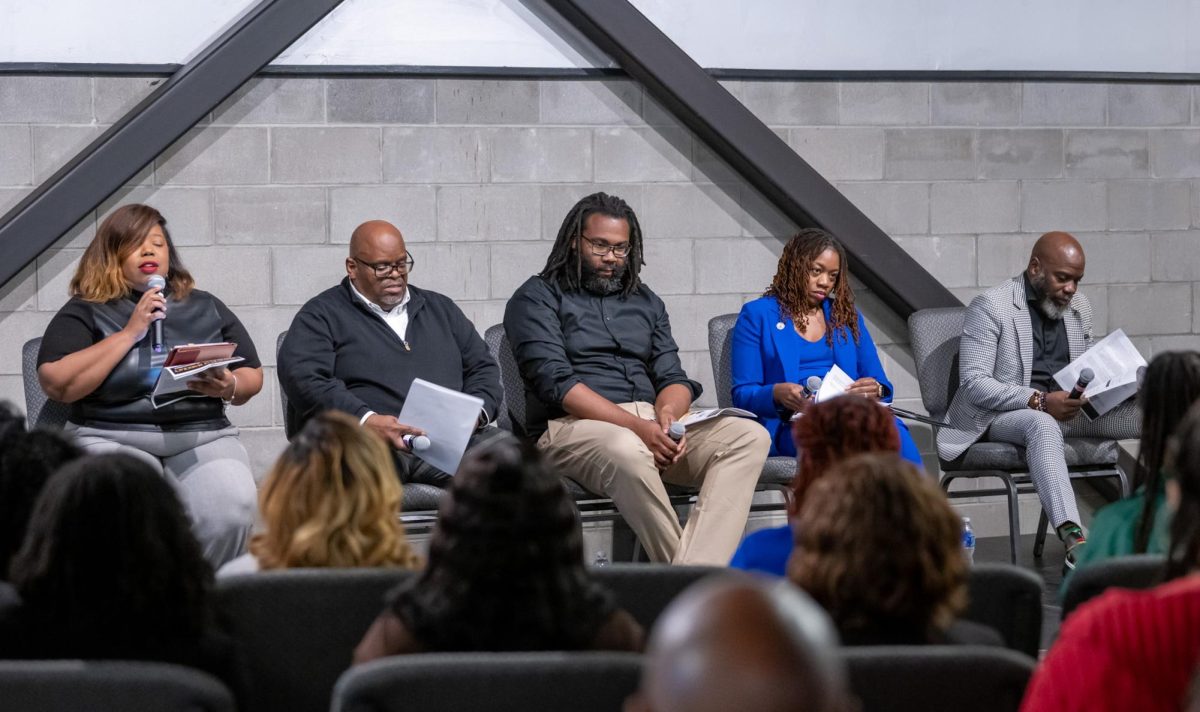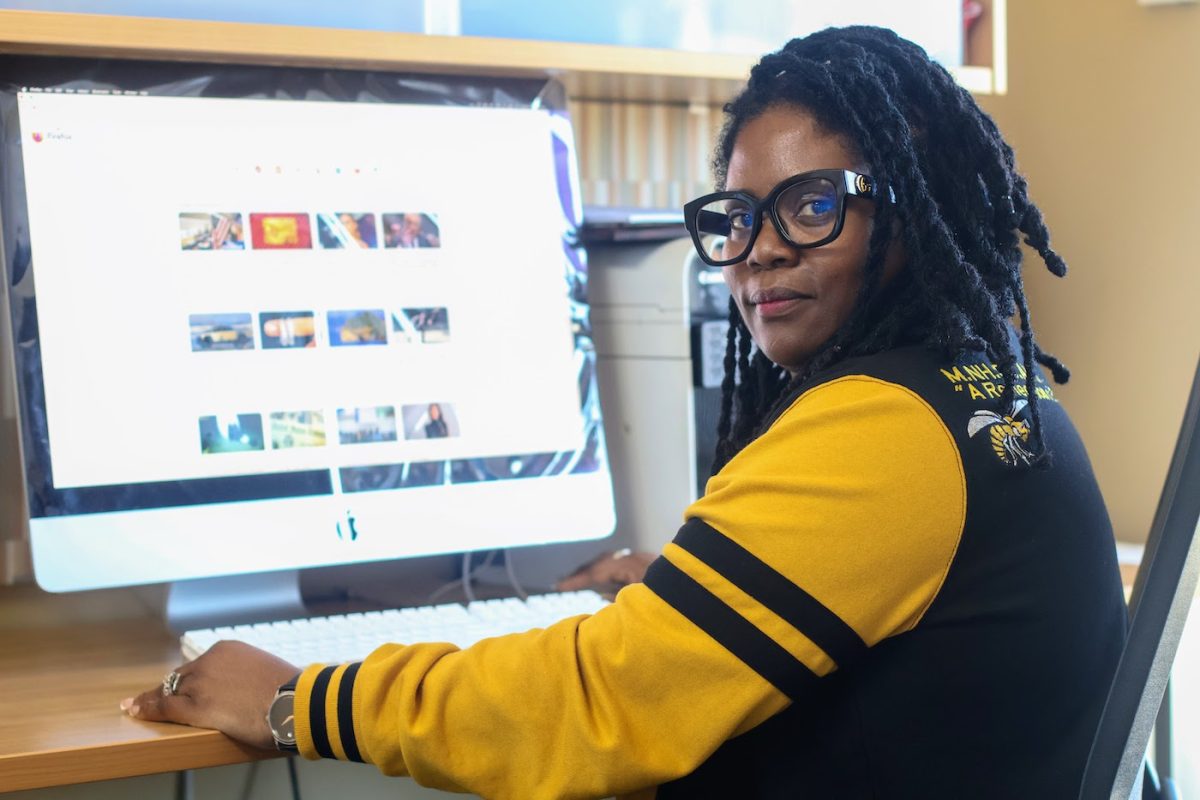White men hold the most leadership positions and decision-making power in U.S. society (and globally). So, it might seem surprising to hear that they are feeling excluded from anything. According to the White Men Leadership Study, nearly 70% of white men report feeling “forgotten” by diversity, equity and inclusion (DEI) efforts. Is DEI really disregarding white men? And is this something that leaders should be tending to? Teresa Hopke, CEO of Taling Talent, Inc., and supporter of DEI efforts, thinks it is a great starting point to acknowledge that everyone wants to feel a sense of belonging, to feel included.
Some of the stories that I hear from white men regarding DEI are situations like a white male leader mourning how he got passed up for a promotion eight times because a person of color was selected over him. An engineer being told that he could promote diverse talent, even though there was a white man on the team who had more knowledge and skill for the role. An acquaintance said that he had to go to “another stupid DEI training” at his company and that he was not going to let them brainwash him into thinking he was somehow “bad” because he is a white guy.
Renu Sachdeva, Talking Talent DEI executive coach, has heard that some white men do not like to attend DEI training because they feel like they are implicitly or explicitly being blamed for the current state of affairs or that they are being shamed for having the privileges they have. Then there is the concept of feeling disadvantaged, which is the thought of, “Well, if you are giving more opportunities to women, people of color, etc, then that means you are giving less opportunities to me.” There are some white men who say, “We just want it to be equal. It is not fair that women and minorities are being given more preference over us. We just want it to be fair.”
How do you think the leaders should respond to this?
Could they explain it as a presumption that has been fair all along? Because it has not. The reality is that now we are making the playing field fair, and when we are leveling out the playing field, that may mean fewer opportunities for white men in the short term. But white men may not be looking at the long term.
For example, think of it as unevenly proportioning a pie. Between two groups, if people in one group are getting a large portion of the pie, the other group will get a smaller portion. If you were to even it out, the group with the bigger slice would not like getting less, compared to the usual. Now, identify the group with the large portions as the white majority while the other group represents the minority. White men are all for fairness and equality as long as it does not put them at a disadvantage.
“I used to have this many opportunities, and now I have fewer opportunities,” white men may say. I get where they are coming from, but I do not understand how they can say they are all for fairness and equality but still want to keep all the opportunities and advantages they have. I feel that they do not want to lose their position or status, but if someone is better for the position, Black or white, it should not matter as long as they are good for the position.
From an organizational standpoint, when organizations effectively apply DEI efforts, including a diverse workforce, inclusive culture and equitable system and processes, all the studies show that companies will likely perform better than those who may not be investing in DEI.
Yes, in the short term, there may be fewer opportunities for white men who are used to having access to more because of their privilege. But if we can grow successful businesses largely through DEI investment, there will be more opportunities for everyone. If the pie gets bigger, then there can be more opportunities, and both groups can have an equal amount of opportunities.
When did workplaces start embracing DEI? The practice of DEI has been around for a long time, but the backlash against DEI may have felt like a pendulum swing from 2020. Dominique Hollins, founder of the DEI consulting firm WE360, said the origins of DEI programs date back to the civil rights movement, which played a crucial role in accelerating efforts to create more diverse and inclusive workplaces. In the years to follow, Hollis said many companies continued to push for DEI-focused jobs and training in a “piecemeal” fashion, instead of creating ongoing programs and dedicated teams. Hollins said many companies didn’t have the staffing or resources to sustain DEI efforts. But the murder of George Floyd by Minneapolis police in may 2020 sparked a racial reckoning and a renewed push for creating DEI leadership roles and initiatives at major corporations.
Categories:
Why is white America so angry about DEI programs?
Takala Brown, Viewpoints Editor
March 2, 2024
Takala Brown is the Viewpoints Editor for 2024-25 The Hornet Tribune. She is a 19-year-old sophomore from
Birmingham, Alabama whose major is biology. Her career ambition is to become an education administrator.
Story continues below advertisement
0
More to Discover











